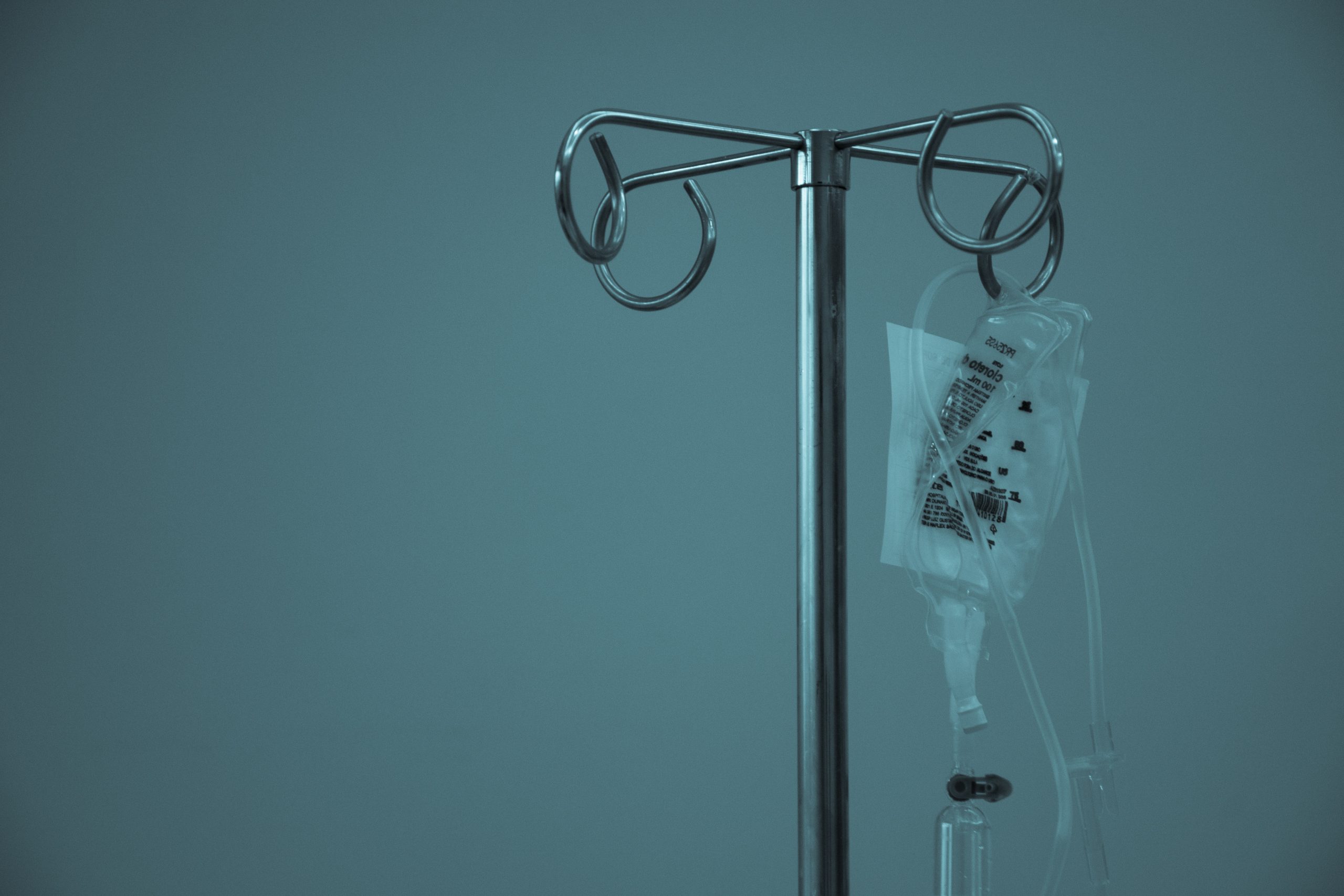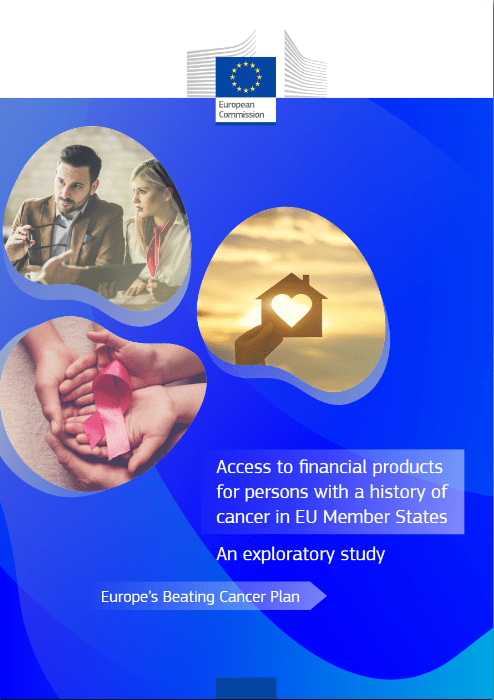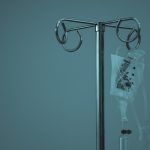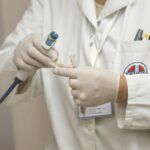Following the Commission’s proposal to strengthen cancer prevention through early detection, the Council of the European Union has adopted a new approach on cancer screening. This is an important step to improve early detection throughout the EU, an important goal of the Europe’s Beating Cancer Plan.
As announced in September, this new EU approach, based on the latest available scientific developments and evidence, will help ensuring that 90% of the EU population who qualify for breast, cervical and colorectal cancer screenings are offered such screening by 2025. The new approach also calls for extending screening programmes to prostate, lung and, under certain circumstances, gastric cancer, in a stepwise approach. The Recommendation is part of a new EU Cancer Screening Scheme, put forward as a flagship initiative of Europe’s Beating Cancer Plan.

European Health Union: cancer screening |
For breast, cervical and colorectal cancers, the new EU approach recommends:
- breast cancer screening with mammography for women aged 50 to 69, and suggests it for women from 45 to 74 years
- testing for human papilloma virus (HPV) as the preferred tool for cervical cancer screening for women aged 30 to 65, with an interval of five years or more
- quantitative faecal immunochemical testing (FIT) as the preferred screening test for colorectal cancer screening before referring individuals between 50 and 74 years old to follow-up colonoscopy
For lung, prostate, and gastric cancers, the Recommendation invites Member States on the basis of further research to:
- explore the feasibility and effectiveness of low-dose computed tomography to screen individuals at high risk for lung cancer, including heavy smokers and ex-smokers, and link screening with primary and secondary prevention approaches
- evaluate the feasibility and effectiveness of organised prostate cancer screening for men, on the basis of prostate-specific antigen (PSA) testing in combination with magnetic resonance imaging (MRI) scanning as follow-up
- Follow screen-and-test strategies for Helicobacter pylori (a bacterium that can causes gastric cancer) for countries and regions with high gastric cancer incidence and mortality
Financial support for cancer screening is available, with €38.5 million already committed for projects under the EU4Health Programme, and €60 million under Horizon Europe. Under the 2023 EU4Health Work Programme, an additional 38.5 million will support Member States to implement this new Council Recommendation and to develop EU guidelines. Further support can also be provided from the European regional, cohesion and social funds.
Background
The Recommendation replaces and extends the scope of the previous Council Recommendation on cancer screening adopted in 2003, which encompassed recommendations for breast, colorectal and cervical cancer screening. The Recommendation has been instrumental in ensuring that more citizens have access to organised screenings for these cancer types. However, there are still wide disparities in access to screening among Member States.
In 2020, an estimated 2.7 million people in the Union were diagnosed with cancer. According to estimations, one in two EU citizens will develop cancer during their lifetime, with long-lasting consequences on their quality of life, and only half of all cancer patients will survive.

Access to financial products for persons with a history of cancer in EU Member States. An exploratory study |







Leave a Reply